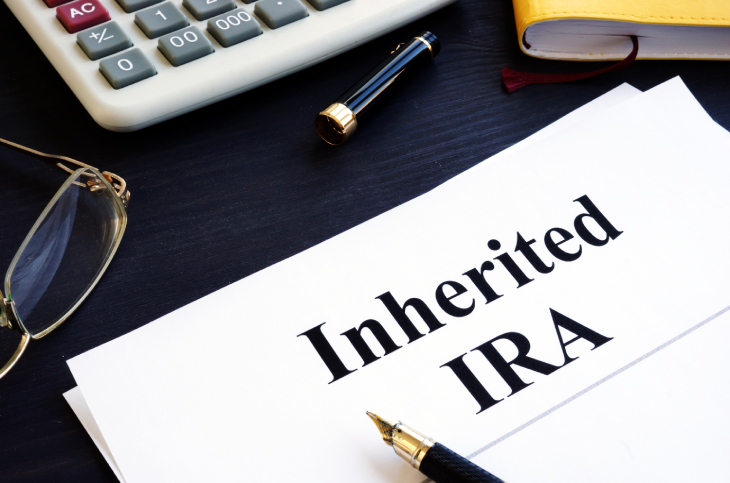Federal bankruptcy exemptions and most state bankruptcy exemptions protect most retirement funds from creditor claims. Many states also have laws protecting retirement accounts from creditor claims outside of a bankruptcy case. However, an inherited IRA may not always qualify for the same protection from claims. A Texas estate planning attorney can help you develop a plan to protect your IRA from creditor claims even after your death.
State and Federal Laws Protecting Individual Retirement Accounts (IRA)
As stated above, the funds in your IRA are typically protected under federal and state laws from the claims of creditors. However, when you pass away, the IRA passes to the named beneficiary. If the beneficiary is not your spouse, the protection from creditor claims may not pass to the beneficiary.
In Clark v. Rameker (2014), the United States Supreme Court ruled that inherited IRAs are not considered “retirement funds” as defined in 11 U.S.C. 522(b)(3)(C) of the Bankruptcy Code. Therefore, inherited IRAs do not have the same protection from creditor claims as other retirement accounts. Unfortunately, non-spouse beneficiaries cannot claim the funds in those accounts exempt from creditor claims in a bankruptcy case using federal bankruptcy exemptions.
However, Texas bankruptcy exemptions allow debtors to claim inherited IRAs exempt from creditor claims. Section 42.0021 of the Texas Property Code specifically includes inherited IRAs in the property exempted from claims of creditors. The exemption applies inside or outside of a bankruptcy case.
Using Trusts to Protect Inherited IRA From Creditors
Unfortunately, you never know where the beneficiary may be residing at the time of your death. You cannot be sure that the state in which your beneficiary resides has the same protections afforded to Texans for inherited IRAs. Therefore, you may want to consider taking additional steps to ensure the funds will continue to be protected from creditor claims after your death.
Creating a trust to inherit your IRA upon your death is one way to ensure that the beneficiary’s creditors cannot claim those funds. The trust inherits the IRA and uses the IRA funds for the benefit of the beneficiary. Because the trust holds the IRA, the funds are protected from claims by creditors or other parties. The trust protects the IRA from bankruptcies, lawsuits, divorces, and other matters involving the beneficiary.
The trust can be set up to restrict how the funds are distributed and spent. This option may be useful if a beneficiary is known to have problems managing money or in situations in which a person wants to create an ongoing legacy for future generations if the funds in the IRA are not depleted during the original beneficiary’s lifetime. Creating specific limitations on the use of the trust funds can also be useful for estate tax planning purposes through generation-skipping trust planning.
Contact a Texas Estate Planning Attorney for More Information
These types of trusts can be extremely useful for estate planning purposes. However, drafting an IRA trust requires the assistance of an experienced Texas estate planning attorney. If the trust is not drafted correctly, the IRA may not receive the protections you seek to establish by utilizing an IRA trust to inherit your retirement account. Schedule a consult with one of our experienced estate planning lawyers today.

